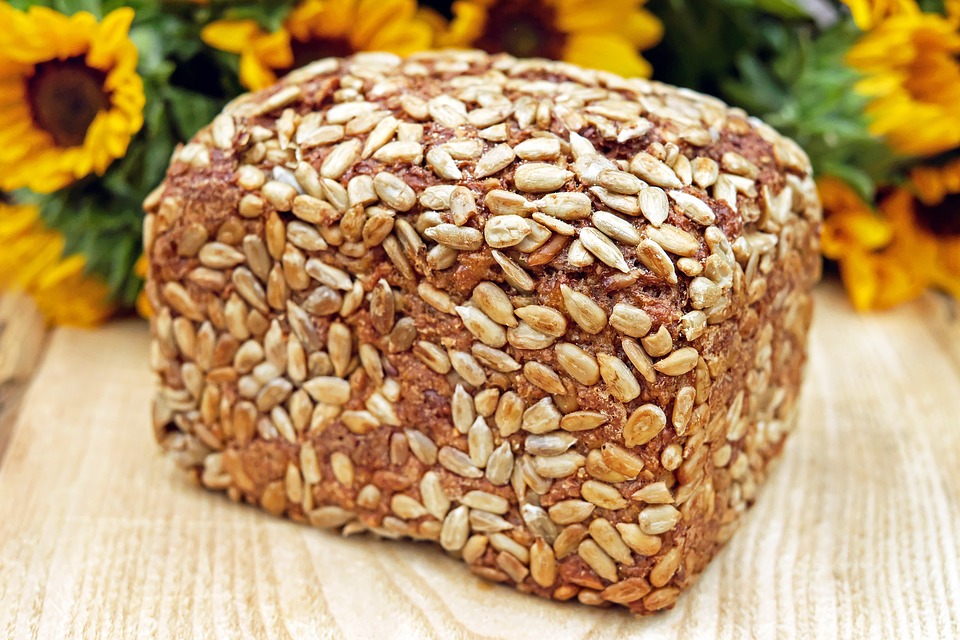Kernels from grain consist of three parts: endosperm, germ and bran. Dietary fibre is concentrated in the bran. Whole grains are defined as whole (intact) grains and refined grains (cracked, crushed, etc.) where the contents of endosperm, bran and germ are in the same proportions as in the intact grain. Whole grains can be whole or ground into flour. Whole grains include wheat, rye, barley, oats, brown and red rice, millet, and corn in dried form (fresh corn is considered a vegetable). Pumpkin, sunflower and linseeds are not whole grains.
The beneficial effect of eating whole grain instead of refined grain products is well documented. Epidemiological studies have shown that whole grain consumption decreases the risk of development of e.g. cardiovascular diseases. In the most comprehensive study to date of its kind, researchers have studied the effect of exchanging refined grain products in the diet – such as white bread and pasta – with whole grain varieties.
The bran provides most of the fiber in whole grains. Vitamins: Whole grains are particularly high in B vitamins, including niacin, thiamin and folate (4, 5). Minerals: They also contain a good amount of minerals, such as zinc, iron, magnesium and manganese
In the most comprehensive study to date of its kind, researchers have studied the effect of exchanging refined grain products in the diet – such as white bread and pasta – with whole grain varieties.
No significant changes in gut bacteria
The researchers used DNA sequencing to analyze stool samples from the participants in order to examine whether the different diet types affected the participants’ gut bacteria composition. Overall, the analysis did not shown major effects of the dietary grain products on the composition of the gut bacteria.
